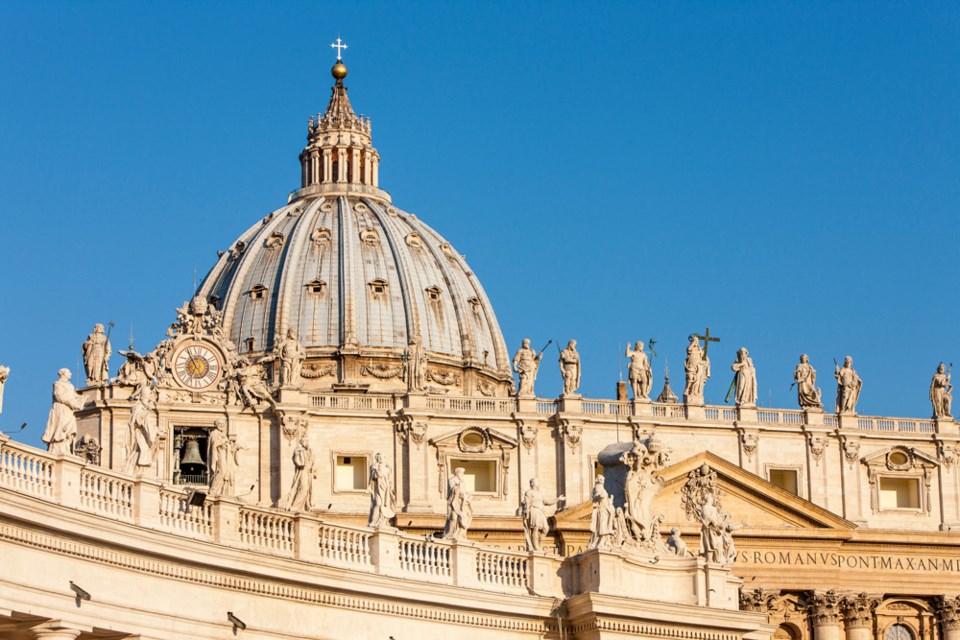Pope Francis has been in Canada the past few days, visiting several locations across the country as part of the Catholic church’s efforts to take responsibility for its role in the residential school system in Canada.
He has once again apologized for the forced assimilation that occurred at these schools. He apologized previously, but it carries more meaning this time in Canada rather than at the Vatican.
There are understandably critics of the pope, his visit and the apologies. People are upset with the locations that have been selected. The Vatican cited the Pope’s declining health and lack of mobility, but it would have meant more if he would have gone to the former residential school site in Kamloops, B.C., where the discovery of hundreds of unmarked graves ignited the renewed reckoning over residential schools.
Or perhaps he could have visited the former Marieval site at what is now the Cowessess First Nation in southeast Saskatchewan, where more unmarked graves were discovered.
Instead, he is in Alberta, Quebec and Nunavut.
For some, no efforts will ever be good enough to right the wrongs of the church with the residential schools. They will never forgive the church and others involved in residential schools for what happened. The abuse has resulted in generations of trauma for Indigenous Canadians.
But just because the pope came to Canada and offered an apology, doesn’t mean the issue of residential schools can be put to bed.
We found out last year that Catholic dioceses had raised less than $4 million of the $25 million it had committed to generate for residential school survivors.
It’s also important for the rest of us not to ignore or forget about this issue.
There was an incredible amount of talk about residential schools and the atrocities that occurred after the discovery of the mass graves at Kamloops and the former Marieval site.
Graveyards have been discovered at other former residential school sites in the past year. And while there are those who want to ignore the issue, there is one recurring question that needs to be asked: what kind of school needs to have a graveyard in the first place?
But the chatter about the residential schools has slowly faded at times in the past year. It’s been replaced as other issues have arisen. Every once in a while, it’ll be back in the spotlight: the national holiday for truth and reconciliation that was observed for the first time on Sept. 30 of last year; the discovery of additional gravesites; the pope’s first apology; his visit to Canada; his second apology; and any other reason for us to pay attention to this issue.
But there are so many other issues facing our country and our world, ranging from public health issues to budgets to elections and political leadership races.
But this is not going away, even if it fades from the spotlight for a short period of time.
We need to fulfill promises to Indigenous communities. For example, the federal government pledged to have long-term drinking water advisories lifted for First Nations communities. Last year, they revealed they are several years behind schedule.
You can argue that Prime Minister Justin Trudeau underestimated how long it would take to solve the problem when he made that pledge, but it’s still an unfulfilled promise. And how do we get into a situation in which some reserves don’t have access to clean water for decades?
We need to recognize that while we can take actions towards reconciliation and greater acceptance, these things will take time. It’s going to take decades of work.
And it’s up to all of us to help them feel accepted.
Yes, the pope’s apology is a positive step, but it’s just one of many that are needed. And without action from all of us, the apology will be just that, and it isn’t going to result in any change.




